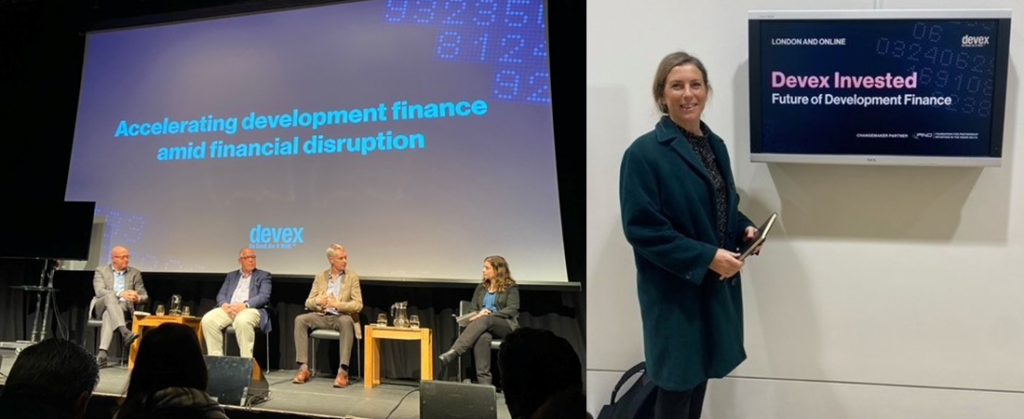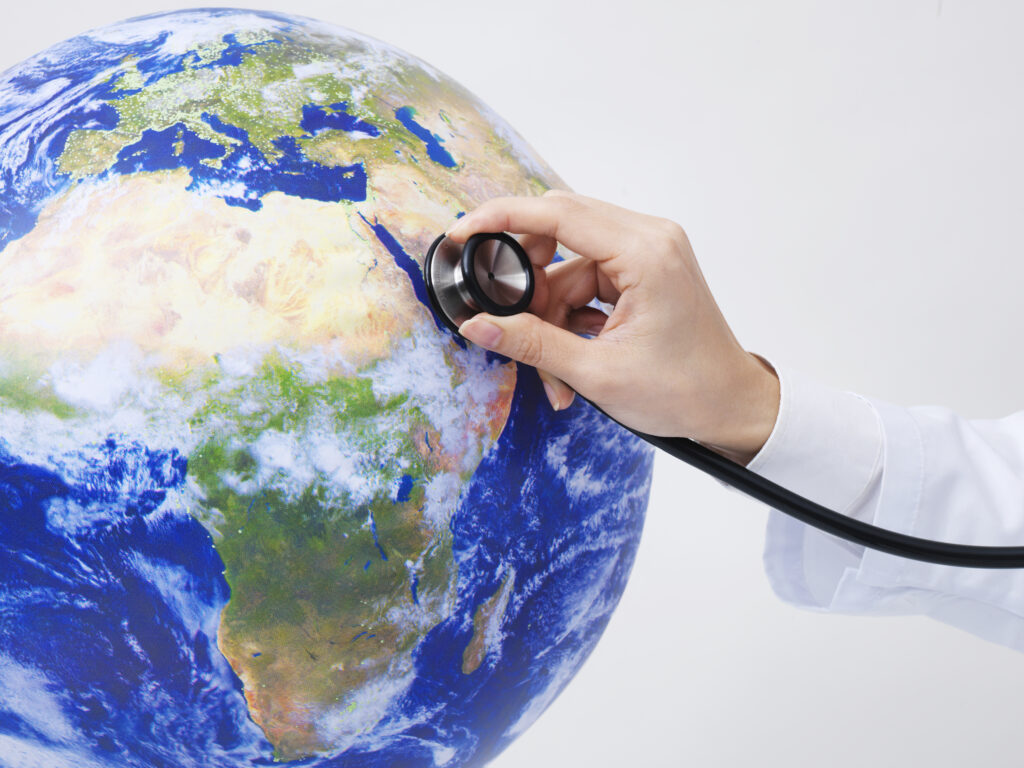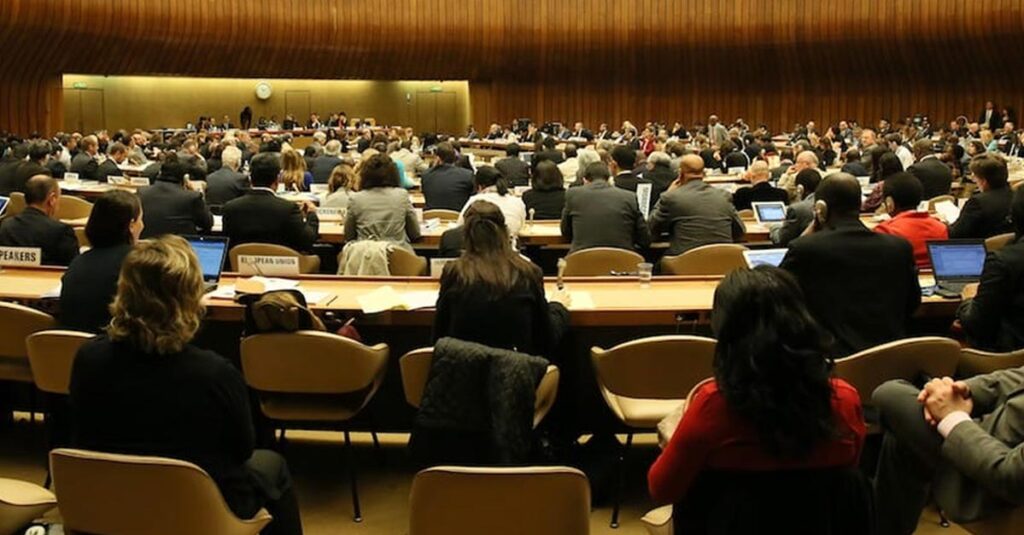Fifteen years ago, the United Nations declared access to water and sanitation a universal human right, as essential as shelter, safety, or education. In 2025, that promise remains unfulfilled for billions. One in four people still lack access to safe drinking water. Nearly half of the global population remains without basic sanitation. More than 419 million people are forced to defecate in the open.
This is not a question of plumbing or pipes. It is the collapse of political urgency. Sustainable Development Goal 6, ensuring universal access to water and sanitation by 2030, represents the goal for universal access to water and sanitation by 2030, is not just off track. It is in danger of becoming a symbol of systemic failure. And with less than five years to go, time is running out.
A crisis in slow motion
The numbers tell a grim story. More than 2.2 billion people still lack safely managed drinking water, and 3.5 billion live without safe sanitation. At the current pace, progress would need to accelerate four to six times faster to meet the 2030 target.
But this is not just a crisis of speed. It is a crisis of inequality. Rural communities, the poorest households, women, and displaced populations are disproportionately left behind. In two-thirds of water-insecure households, it is women and girls who bear the daily responsibility of fetching water, often at the cost of their education, safety and health
Yet this is not a hopeless story. Countries like India and Cambodia have made measurable strides in sanitation and water coverage through political prioritisation, public mobilisation, and targeted investment. They prove that where there is political will, progress is possible. The challenge is scaling that ambition across regions and systems.
HLPF 2025: Disconnect between rhetoric and reality
This week, the UN’s High-Level Political Forum (HLPF) wrapped up in New York. This annual checkpoint on SDG progress proved to be another sobering reality check. With just 35% of targets showing real progress, the world remains far off track, and the global response continues to underwhelm.
No bold rescue plan. No breakthrough in financing. No surge of political momentum.
UN Secretary-General António Guterres warned that escalating wars, shrinking aid budgets, and rising trade tensions are derailing development. Yet media coverage was sparse, and tangible outcomes even sparser.
The message is clear: acknowledging failure without a course correction is not accountability – it’s complacency.
A perfect storm: The roots of the crisis
Behind the stagnation lies a convergence of systemic forces, a perfect storm that is pushing water and sanitation further out of reach for the world’s most vulnerable.
- Donor retreat and weakening multilateralism
Aid budgets are shrinking, and water is being pushed down the priority list. Key institutions like USAID and part of the European Union apparatus are reducing or redirecting commitments. Populist, “domestic-first” narratives are undercutting international cooperation, and multilateral platforms lack both teeth and ambition.
- WASH collapse in fragile and conflict-affected states
In countries such as Yemen, Syria, and Nigeria, water systems have collapsed under the weight of conflict. Water has been a weapon of war while millions live without safe drinking sources. Displaced communities face the worst conditions, and the highest risk of waterborne disease, including cholera.
- Climate shocks and growing water stress
Floods, droughts, and erratic rainfall are damaging infrastructure and reducing the reliability of water sources. Today, over 3 billion people face water scarcity at least once a month a year – a number expected to rise to 5 billion by 2050. Yet water, sanitation, and hygiene (WASH) remain invisible in most national climate plans, leaving millions exposed.
- Corporate pullback from sustainability
The private sector, once a vocal ally on ESF and WASH access, is going quiet. Under shareholder and political pressure, companies are quietly scaling back their ESG and DEI pledges, slashing sustainability budgets, and retreating from water stewardship. Public-private partnerships are weakening, just when private innovation and finance are most needed.
The deeper failures
Beneath the surface, deeper systemic failures continue to erode momentum.
- Political will is absent. In too many countries, WASH remains invisible in national budgets and elections. It is deprioritised, underfunded, and ignored.
- Structural inequities persist. Access depends on where you live, how much you earn, your gender, and whether you’ve been displaced. The urban-rural divide is widening.
- Development models are flawed. Donor-led projects too often prioritise short-term outputs over sustained systems. One in four water points in rural sub-Saharan Africa is non-functional at any given time.
- Monitoring is weak. Without accurate, disaggregated data, the most excluded remain invisible. Global accountability mechanisms are failing to course-correct in time.
These are not abstract policy failures. They are the reason child dies of diarrhoea every two minutes, and why billions are robbed of health, dignity, and opportunity.
What a rescue plan could look like
The path forward to rescue SDG 6 requires bold and coordinated action, grounded in justice.
- Political leadership must come from the top. Heads of state must elevate WASH to a top-five national priority, not an afterthought.
- Financing must shift and scale, using climate adaptation funds, debt swaps, and blended finance to sustain delivery.
- Isolated projects must give way to system-based approaches, with national governments leading, communities participating, and infrastructure maintained.
- Inclusion must be the default, with policies designed explicitly to reach those in slums, remote areas, or refugee camps
- The private sector must re-engage, not out of charity, but because water security is a cornerstone of business resilience and long-term value.
- And above all, the narrative must change. Water is not a gift. It is a public good, essential for governance, development, and human dignity.
Deliver or abdicate
Fifteen years after water was enshrined as a human right, billions are still waiting. Without decisive action, the world will arrive at 2030 having failed the most basic test of development, the ability to provide dignity, safety, and health through clean water and sanitation.
The cost of inaction is already staggering; lives lost, futures erased, trust in global cooperation undermined. But the path forward still exists.
We can choose ambition over excuses. We can deliver. Or we can abdicate.





